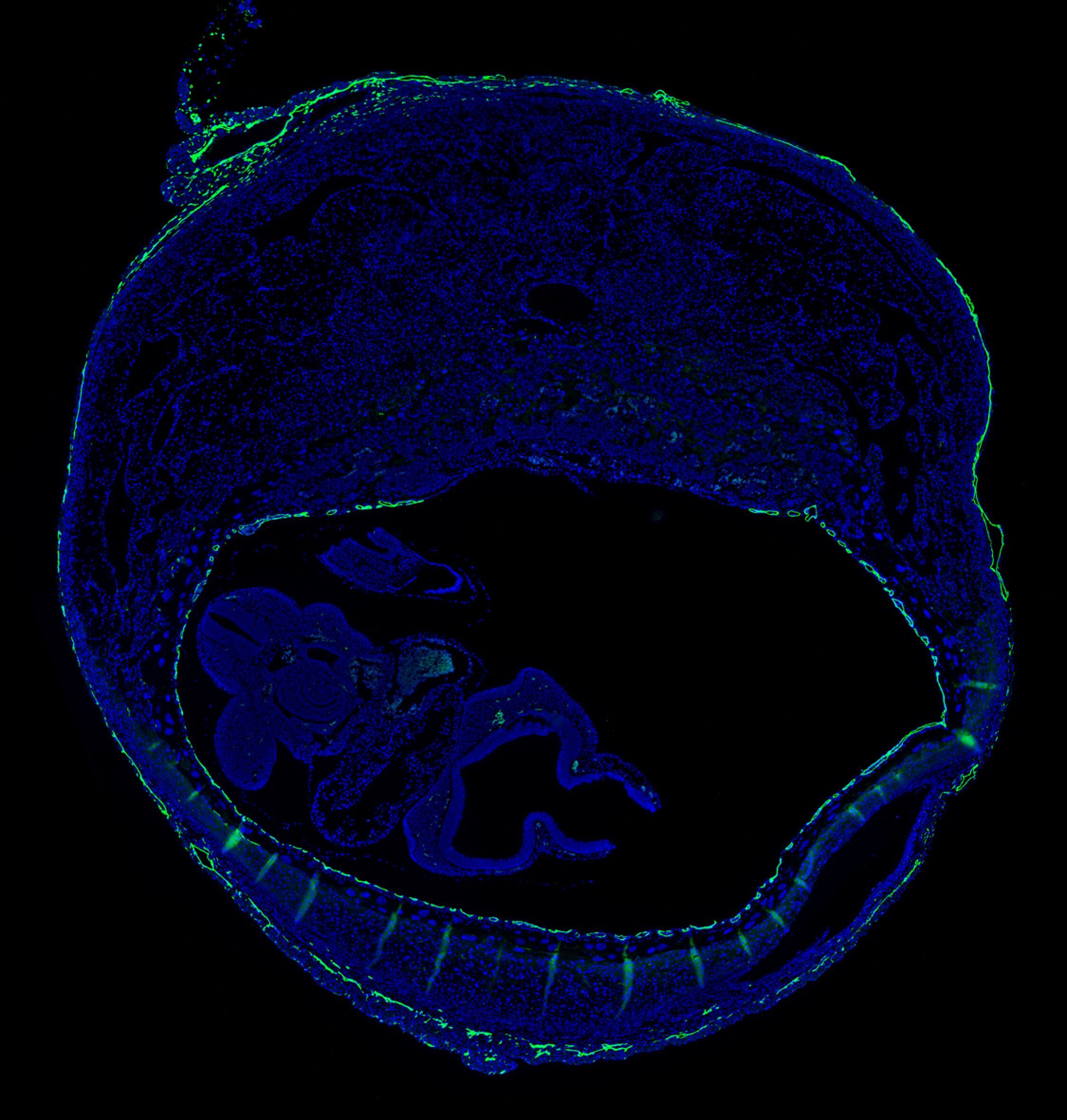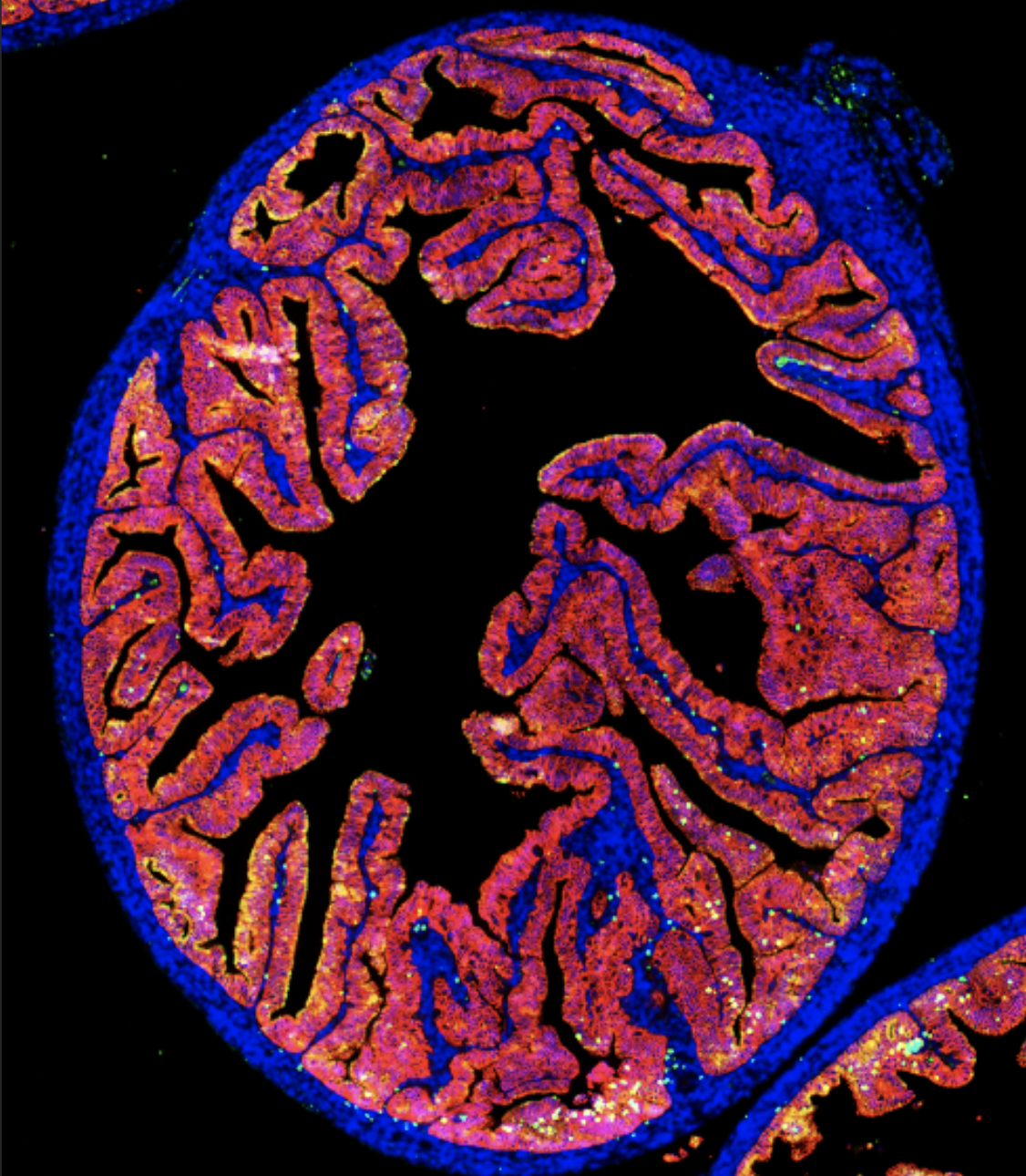
Research Interests
Immunology and Epigenetics of Pregnancy and Parturition
Work in the Erlebacher laboratory lies at the intersection of immunology and developmental biology. In particular, we are interested in how the developmental properties of a tissue influence its ability to mount a successful immune response, and, conversely, how cells of the immune system influence tissue development and remodeling. The main platform for our research is the mouse uterus. This organ is not only a simple mucosal tissue amenable to extensive experimental manipulation, but its ability to accommodate the presence of immunologically foreign tissues during pregnancy (i.e. the fetus and placenta) provides a striking example of how the anatomical organization and developmental plasticity of a tissue determines its immunological properties. Moreover, reproductive success relies upon the immunological protection afforded the fetus and placenta by the uterus, with insight into how this process breaks down having implications for disorders of human pregnancy, including spontaneous abortion, intrauterine growth restriction, preeclampsia, and preterm birth. We also study how the parenchymal cells of the uterus, through their specialized developmental and epigenetic properties, determine pregnancy outcome independently of their effects over immune cells. Lastly, we study how the uterine adaptation to pregnancy finds parallels in the adaptations of the tumor microenvironment that facilitate tumor escape from immune destruction.
Work in the Erlebacher lab is funded by grants from the NIH, the March of Dimes Foundation, and the Burroughs Wellcome Fund.
Click below to find out more about the ongoing projects in the lab.





